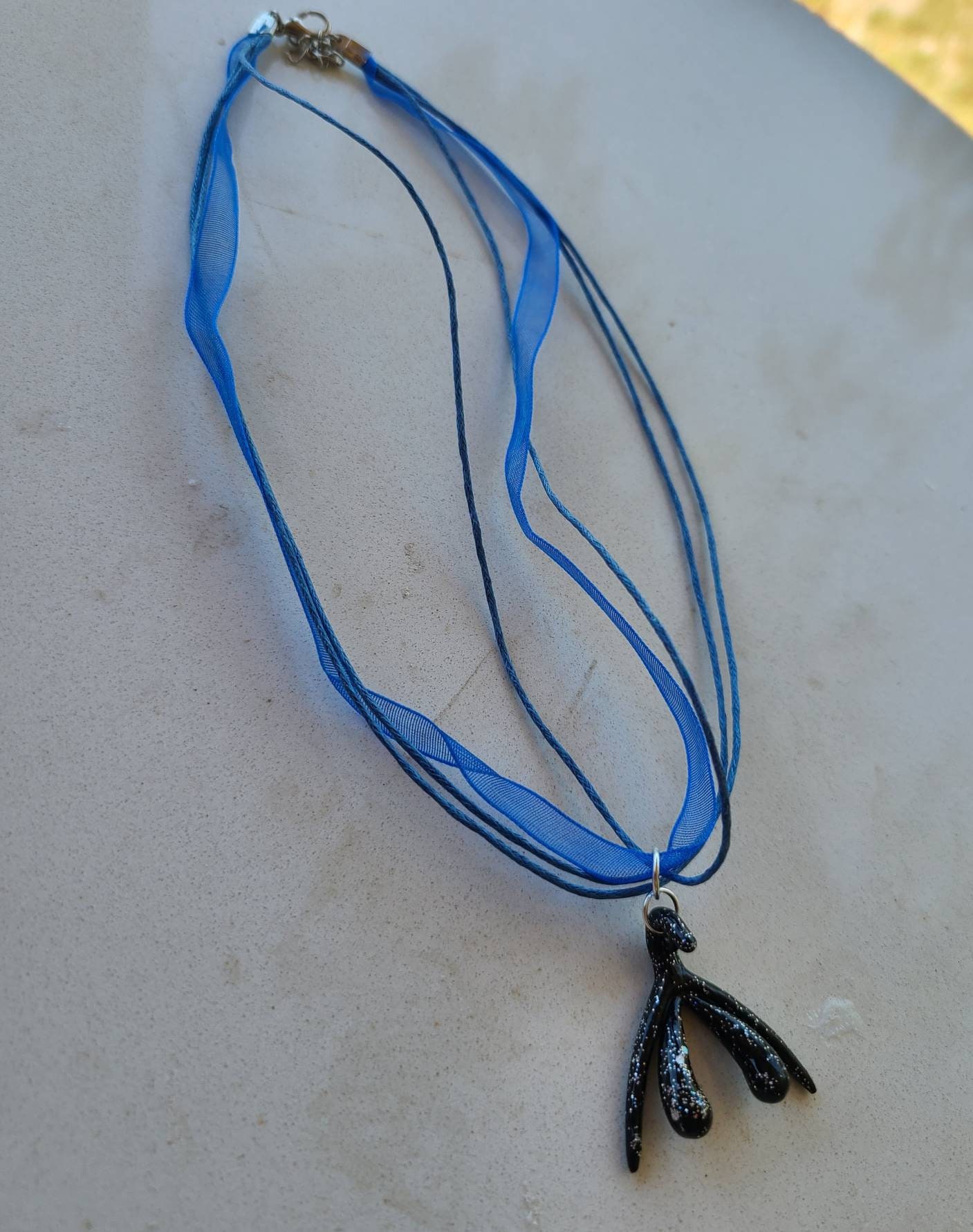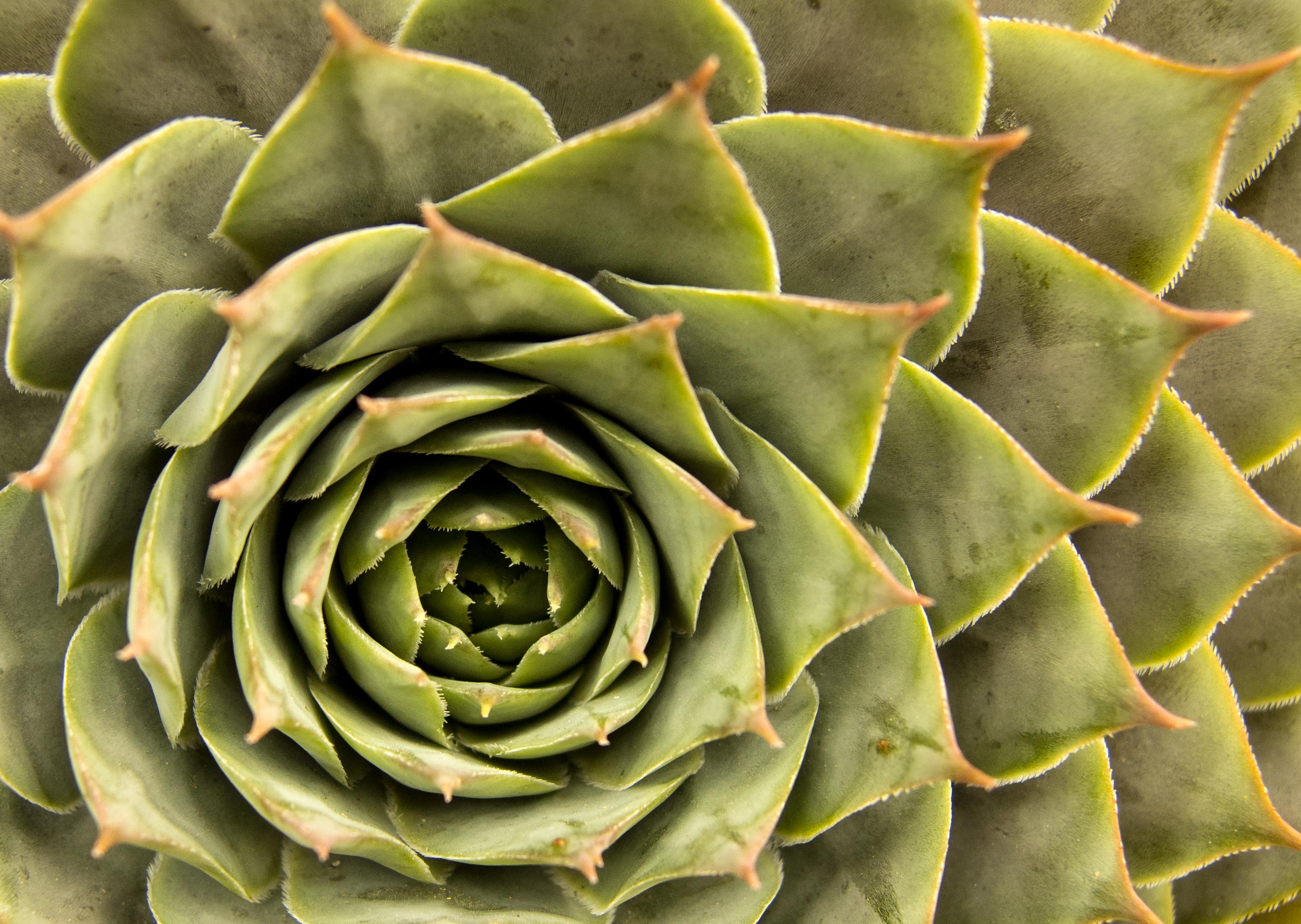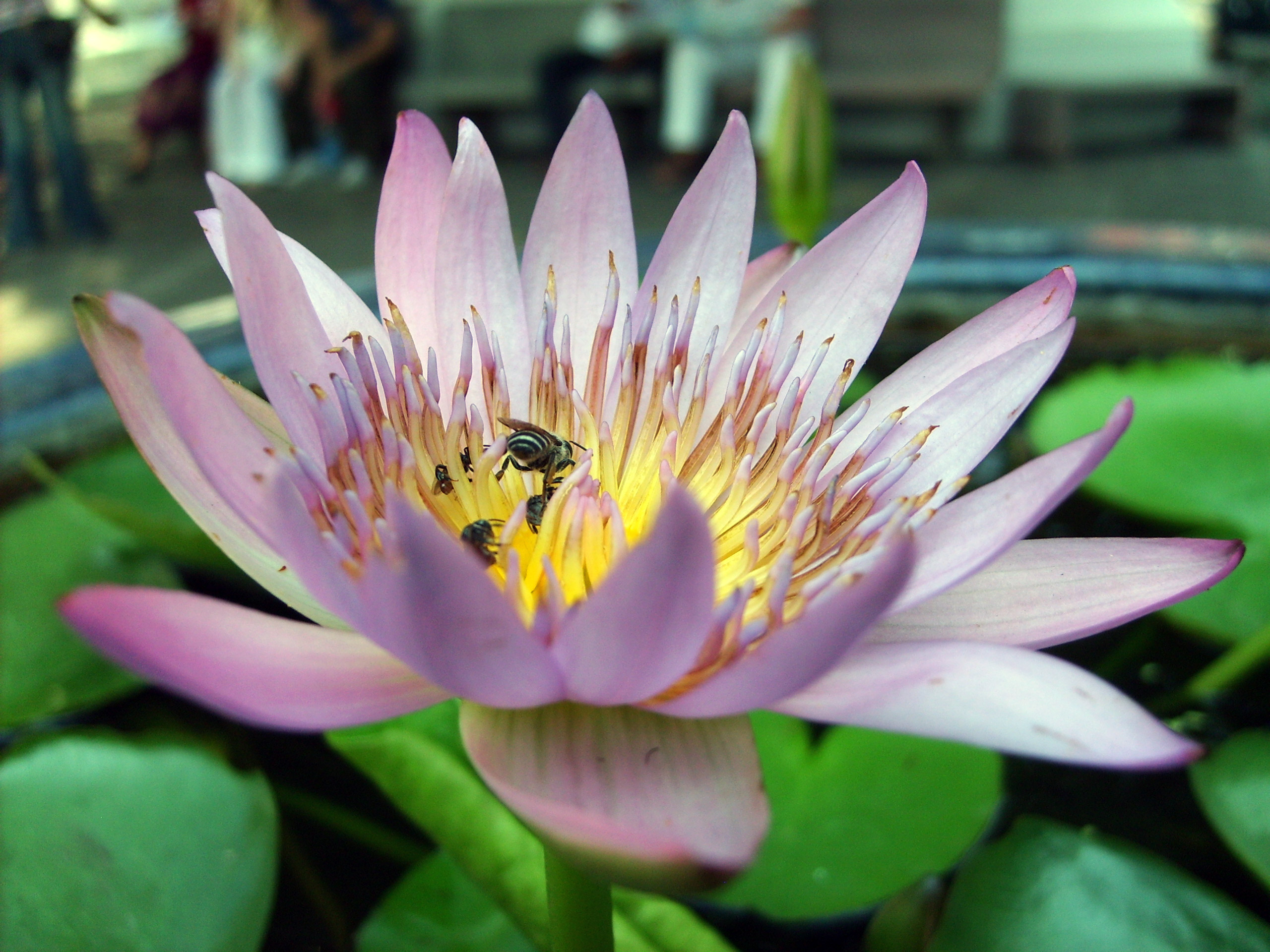Clitorus Flower: Nurturing Your Intimate Well-being And Finding Relief
Detail Author:
- Name : Cordell Shields
- Username : osinski.claudie
- Email : ybarton@hotmail.com
- Birthdate : 1982-03-03
- Address : 7852 Magnolia Manor Eloisebury, GA 25723-2186
- Phone : +15208343825
- Company : Borer-Trantow
- Job : Safety Engineer
- Bio : Nostrum repudiandae in eum facere reiciendis dicta. Occaecati quia et fugiat voluptate nihil exercitationem et. Aut sit eum illum a sed rerum.
Socials
twitter:
- url : https://twitter.com/schulist2014
- username : schulist2014
- bio : Exercitationem cumque cumque est eum quis amet. Eaque et sed similique dolorem eum. Repellat in aliquam dolorem et voluptatem iusto.
- followers : 2731
- following : 567
instagram:
- url : https://instagram.com/schulists
- username : schulists
- bio : Est voluptatem dolorem quaerat in omnis ipsa quia. Error minus ea nobis qui et.
- followers : 4974
- following : 2844
tiktok:
- url : https://tiktok.com/@serena_real
- username : serena_real
- bio : Deserunt facere debitis enim hic quos. Modi enim sit et quaerat.
- followers : 4432
- following : 2155
linkedin:
- url : https://linkedin.com/in/serena8974
- username : serena8974
- bio : Sit rem nobis non tempore at consequuntur.
- followers : 3598
- following : 2104
The human body, in all its intricate design, holds many areas of delicate beauty and profound importance. Among these, the clitoris, often thought of as a hidden "flower," represents a vital part of female intimate health and pleasure. This tiny yet mighty organ, so central to a woman's sense of self and comfort, truly deserves our gentle care and close attention. It's almost like a sensitive bloom that thrives when treated with tenderness, you know, and can show signs of distress when things aren't quite right.
Just like any cherished plant, your "clitorus flower" can sometimes face challenges, leading to discomfort or concern. Perhaps you've experienced a soreness that hurts to touch, or a tenderness that makes walking a bit of a chore. These feelings, as a matter of fact, can be very unsettling, making you wonder what might be going on below the surface. It's perfectly normal to seek answers and wish for healing in such a private and important area.
This article aims to shed some light on common concerns surrounding the clitoral and vulvar areas, offering insights into potential causes of discomfort and ways to find comfort again. We'll explore how to nurture your intimate well-being, helping your "clitorus flower" flourish with health and peace. We, you see, want you to feel your best, from head to toe, and especially in this sensitive spot.
Table of Contents
- Understanding Your Clitorus Flower
- Common Concerns and What They Might Mean
- Nurturing Your Intimate Area: Daily Care Tips
- When to Seek Professional Guidance
- Frequently Asked Questions About Clitoral and Vulvar Health
- Finding Your Path to Comfort and Well-being
Understanding Your Clitorus Flower
The term "clitorus flower" beautifully captures the very sensitive and important nature of this part of your body. It's a place that brings pleasure and sensation, but also, you know, can be a source of worry when it feels off. Understanding a bit about its structure and how it works can really help you appreciate its role in your overall well-being. This area, arguably, is often overlooked until something feels amiss, which is a bit of a shame.
The Delicate Nature of Intimate Skin
The skin around your clitoris and vulva is very thin and delicate, making it more prone to irritation than other parts of your body. It's almost like the petals of a flower, you see, easily affected by outside influences. Things like certain soaps, tight clothing, or even daily activities can sometimes cause issues. This sensitivity is why, in fact, even minor changes can lead to noticeable discomfort, and why careful handling is so important for lasting comfort.
Common Concerns and What They Might Mean
Many women experience some kind of intimate discomfort at different points in their lives. It's a common story, actually, to have a sore or an itch that just won't go away. These feelings, while often not serious, do signal that your "clitorus flower" needs some extra care and attention. We will, in fact, look at a few of these common concerns that women often describe.
When Your Clitorus Feels Sore or Tender
A sore clitoris that hurts to touch or gets tender when you walk is a very common complaint. It's like a small bruise, you know, making every movement a bit of a challenge. This kind of soreness might appear suddenly, or it could build up over time. Sometimes, a similar sore might show up right next to it, perhaps on your labia, which can be just as bothersome. It’s important to note that, typically, such discomfort can stem from a range of things, from simple friction to something more involved, and finding the cause is the first step toward feeling better.
Causes for this kind of sensitivity can be quite varied. For instance, sometimes it's just your underwear irritating it, especially if it's a bit tight or made of a fabric that doesn't breathe well. Shaving, too, can sometimes lead to rawness, burning, or stinging sensations as the skin heals or if ingrown hairs develop. Other times, it might be a small injury, or perhaps, as a matter of fact, an infection that needs a doctor's eye. Knowing what might be causing the issue is the first step to finding relief, and often, simple changes can make a big difference.
Dealing with Persistent Itching and Irritation
An itchy vulva and an itchy vagina are feelings that most women experience from time to time, and they can be very annoying. However, when the itching is persistent and causes real distress, it could be something more, like pruritus vulvae. This condition, as I was saying, means the itching won't stop, and it can really impact your daily life, making you feel uncomfortable and distracted. Vulvar dermatitis, a skin condition, also causes itching, irritation, and inflammation of the area surrounding your vagina, the vulva, and is quite common.
These conditions, you see, are signals from your body that something is off with your intimate skin. It’s like a warning light on your car, telling you to pay attention. Stress, too, can play a part in flare-ups, making symptoms worse. When your clitorus is so red, swollen, and itchy, and it really hurts to pee, it's a clear sign that your "clitorus flower" is asking for help. You might feel a burning sensation along with the itch, which, as a matter of fact, adds to the general discomfort, making even simple things like sitting or walking a chore.
Lichen Sclerosus: A Look at Its Effects
Lichen Sclerosus, often called LS, is a skin condition that can affect the vulva and clitoris, causing patches of thin, white skin. It can be quite challenging, as I was saying, and can lead to symptoms like intense itching, soreness, and even skin fusing in the area. Some women have LS for years and experience bad flare-ups, perhaps with stress, making the clitorus very red, swollen, and itchy, and causing pain when peeing. This condition, you know, can be very distressing and requires careful attention from a healthcare provider.
For those living with LS, the question of whether skin fusing can be reversed is a common one. Treatments, like using steroid creams such as Dermovate, can often help manage symptoms, reduce inflammation, and improve the skin's condition. While reversing fusing completely can be difficult, these treatments aim to bring comfort and prevent further changes. It’s important to work closely with your gynecologist to find the right approach, because, as a matter of fact, each person's experience with LS is unique, and what works for one might need adjustment for another.
Concerns About Skin Changes and Healing
When you notice rawness, burning, or other skin changes in your intimate area, it's natural to feel worried. The hope that the clitorus area can be healed, or will heal itself, is a very real one for many women. It is a most difficult area for me too, as I was saying, to deal with discomfort there, given its sensitivity and importance. Sometimes, treatment is not always needed, and the body can, in fact, heal minor irritations on its own with a bit of gentle care and time.
However, female genital abnormalities, while uncommon, can sometimes present later in life, well after puberty. It's good to be aware of these possibilities, not to cause worry, but to encourage seeking advice if you have ongoing concerns. Vulval cancer, for instance, is an uncommon cancer, with just around 1,200 new cases each year in the UK. While this number is small, any persistent changes or unusual symptoms should always prompt a visit to a doctor for peace of mind and proper care. Getting things checked out is, you know, always the best path forward for your health.
Nurturing Your Intimate Area: Daily Care Tips
Just like you would care for a beautiful garden, nurturing your "clitorus flower" involves a few simple, daily practices that can make a big difference in your comfort and health. These habits, in fact, help keep the delicate skin happy and reduce the chance of irritation. It's all about being gentle and listening to what your body tells you, because, as a matter of fact, prevention is often the best medicine when it comes to intimate well-being.
Choosing the Right Underwear and Hygiene Products
One very important step in caring for your intimate area is choosing the right underwear. Fabrics that breathe, like cotton, are usually best, as they help keep the area dry and reduce moisture build-up, which can lead to irritation. Tight underwear, you know, can sometimes rub and cause stinging or soreness, so opting for looser styles can bring a lot of comfort. It's a simple change, but it can make a big difference, especially if you feel your underwear is irritating your clitoris.
When it comes to hygiene products, less is often more. Harsh soaps, scented washes, or douches can disrupt the natural balance of your intimate area, leading to dryness, itching, or even infections. Warm water and a very mild, unscented cleanser, or just plain water, are usually enough for daily cleaning. This gentle approach, as a matter of fact, helps maintain the delicate skin's natural protective barrier, keeping your "clitorus flower" happy and healthy.
Gentle Grooming Practices
For those who choose to shave or groom their pubic area, being gentle is key to avoiding discomfort. Shaving can sometimes lead to rawness, burning, or stinging sensations, as you know, and can even cause small sores. Using a sharp, clean razor, shaving in the direction of hair growth, and using a gentle shaving cream or gel can help reduce irritation. Afterward, applying a soothing, unscented moisturizer can calm the skin. Some women find that other hair removal methods, or simply trimming, are less irritating for their sensitive skin, so it's worth exploring what feels best for you. It's all about, basically, finding what works for your unique body.
When to Seek Professional Guidance
While many minor irritations can heal with gentle home care, there are times when your "clitorus flower" truly needs a doctor's help. If you experience persistent itching, soreness, unusual discharge, or any skin changes that worry you, it's always a good idea to speak with a healthcare provider. They can help understand female genital abnormalities and diagnose conditions like vulvar dermatitis or Lichen Sclerosus. For instance, if you've had LS for years and are experiencing a bad flare-up with stress, seeing your gyno is a very sensible step.
Remember, you can buy test strips at the pharmacy for some common issues, but for ongoing or severe symptoms, professional medical advice is best. Early detection of conditions, even uncommon ones like vulval cancer, is always important for the best outcomes. A doctor can provide proper diagnosis and discuss treatment options, whether it's steroids for a flare-up or other approaches. They can also advise if it's possible to reverse skin fusing in an area, or if using something like Dermovate will help with rawness and burning. Your health, you know, is truly worth this attention.
Learn more about intimate health and well-being on our site, and for more detailed advice, link to this page understanding vulvar care.
Frequently Asked Questions About Clitoral and Vulvar Health
Many women have questions about their intimate health, and it's good to seek answers. Here are some common queries we often hear, helping to clear up some confusion and provide comfort. We, as a matter of fact, want you to feel informed and at ease when it comes to your body.
What causes persistent itching and irritation in the clitoral and vulvar area?
Persistent itching and irritation, sometimes called pruritus vulvae, can stem from various things. It could be vulvar dermatitis, which is inflammation of the skin around the vagina, or, you know, it might be an infection. Stress can also make these symptoms worse. Sometimes, conditions like Lichen Sclerosus can cause intense itching and changes to the skin. It's really best to have a doctor check it out if it doesn't go away, as they can pinpoint the exact cause and suggest the right way to find comfort.
Can soreness and tenderness in the clitoris heal on their own?
Minor soreness and tenderness, perhaps from friction or mild irritation, can often heal on their own with gentle care and a bit of time. Giving the area some air, wearing loose clothing, and avoiding irritants can help. However, if the soreness is persistent, gets worse, or comes with other symptoms like swelling, redness, or discharge, it's very important to see a healthcare provider. This kind of discomfort, as a matter of fact, might signal something that needs medical attention, and getting it checked out offers peace of mind.
What are some ways to manage discomfort from conditions like Lichen Sclerosus?
Managing discomfort from Lichen Sclerosus often involves working closely with a gynecologist or dermatologist. Steroid creams, like Dermovate, are commonly prescribed to reduce inflammation, itching, and skin changes. It's important to use them exactly as directed. Lifestyle changes, such as wearing loose, cotton underwear and avoiding harsh soaps, can also help reduce flare-ups and improve comfort. While LS is a long-term condition, proper care and treatment can significantly improve your quality of life. It’s a process, you know, but one that can bring a lot of relief.
Finding Your Path to Comfort and Well-being
Caring for your "clitorus flower" is a significant part of your overall well-being. It's about recognizing its delicate nature and giving it the attention it deserves. Whether you're dealing with a temporary soreness, persistent itching, or a more involved condition like Lichen Sclerosus, remember that you're not alone, and help is available. Seeking advice from healthcare professionals and adopting gentle daily practices can make a world of difference. Your intimate health, you see, is a very important part of your life, and nurturing it leads to greater comfort and peace. This article, published on , aims to provide current insights, and we suggest reviewing information periodically for any new developments in care.

Clitorus Necklace - Etsy

FREE IMAGE: Flower Detail | Libreshot Public Domain Photos

Lotus flower | Free Images For Commercial Use